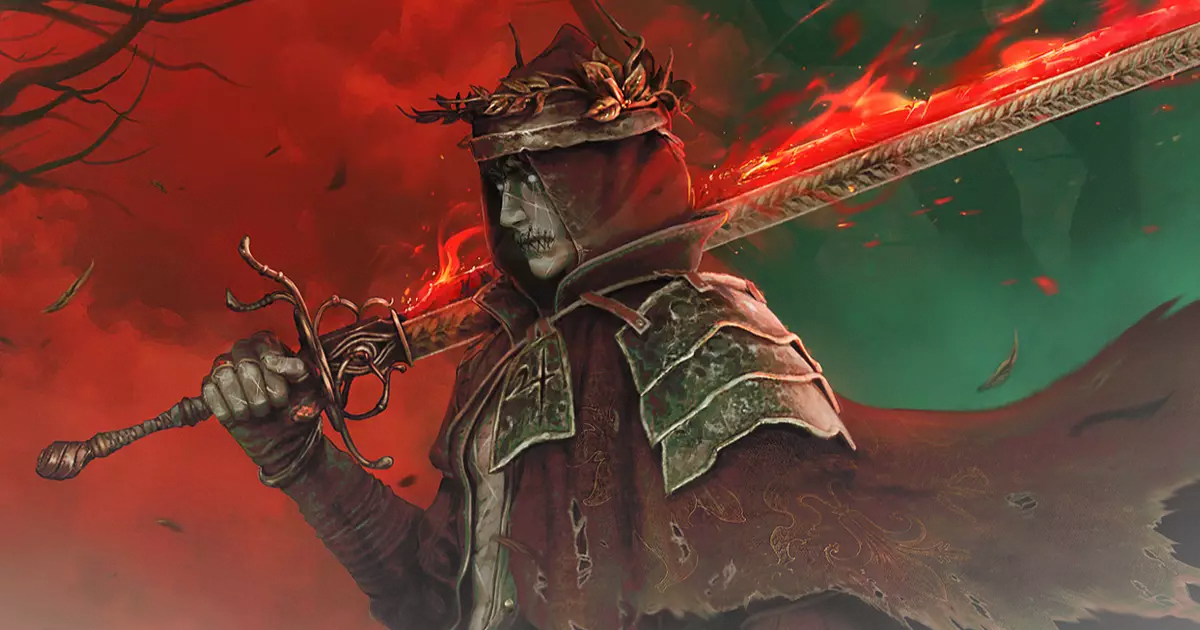The upcoming title by Jyamma Games, inspired by Dante Alighieri’s timeless masterpiece *La Divina Commedia*, promises to revolutionize how we engage with classic literature through interactive storytelling. Unlike the straightforward, often superficial adaptations of Dante’s work seen in the past—such as the notorious *Dante’s Inferno*—this project aims to craft a visceral, complex universe rooted in the original themes of sin, redemption, and morality. Rather than merely replicating the poet’s journey through Hell, Jyamma’s game endeavors to deepen narrative immersion by combining traditional elements of mythology with innovative gameplay mechanics.
This approach is a daring departure from the usual tendency of turning literary giants into disposable entertainment. The game’s premise—descending through the circles of Hell as a warrior-poet—serves as a fertile ground to explore profound questions about human nature. Yet, it does so within a structure that emphasizes customization, combat, and procedural generation, effectively bridging the gap between high culture and mass-market gameplay. Such a melding signifies a conscious effort to elevate the source material into a contemporary interactive experience that respects its complexity while making it accessible and engaging.
Furthermore, Jyamma’s inclusion of playable characters with gender options, dynamic narrative alignment systems, and customizable gear underscores a commitment to player agency—a stark contrast to the rigid storytelling of traditional adaptations. The procedural generation of expulsion dungeons quantifies a core game mechanic: exploration, resource management, and skill development are intrinsically tied to the lore of Hell’s chaotic landscapes. This blend of structural randomness with thematic coherence signals a fresh perspective on how to dramatize Dante’s universe without losing its philosophical depth.
Lingering Discontent with Literary Evisceration
Critics and enthusiasts alike often scrutinize attempts to adapt Dante’s work for modern entertainment, fearing a reductionist portrayal that strips away the poem’s richness in favor of spectacle. The 2010 *Dante’s Inferno* game, notorious for its superficial violence and uninspired storytelling, remains an example of how not to treat Dante’s legacy. Its focus on action and shock value left many fans feeling that the profound spiritual journey was lost beneath layers of hackneyed combat sequences.
This skepticism is justified to some extent, especially given the industry’s historically cavalier attitude toward literary heritage. Turning *The Divine Comedy* into a mere toolbox for carnage risks turning one of history’s greatest poetic works into just another grinding video game, disconnected from its philosophical and theological underpinnings. Yet, Jyamma’s approach appears to consciously challenge this narrative, aiming to craft an experience that is both respectful of Dante’s metaphysical vision and vibrant as a playable universe.
The mention of *Enotria*, their previous project inspired by the performative arts, reveals a pattern of ambition: to develop worlds where mythology and gameplay intertwine seamlessly. It suggests Jyamma is not merely interested in using Dante’s work as a gothic backdrop, but rather in reconstructing its mythos into a living, breathing cosmos that invites players to ponder sins and virtues through action and storytelling. Such commitment signals an exciting shift toward blending literary reverence with innovative game design.
Reimagining Hell: A Provocative Playground or Sacred Text?
One potentially contentious aspect of the game’s design is the inclusion of procedurally generated dungeons—mining the depths of Hell for loot and progression materials. While on the surface this may seem like a trivial game mechanic, it raises questions about how the sacredness of Dante’s universe is preservation or subversion. Is this a meaningful exploration of Hell’s chaos, or a commercial gimmick that trivializes divine justice?
This methodological choice speaks to the broader challenge of translating profound philosophical inquiry into engaging gameplay. Hell, in Dante’s vision, is a meticulously organized cosmos reflecting the justice of divine decree. To turn it into an extraction site for resources risks commodifying sin and suffering, but if executed thoughtfully, it could also serve as a metacommentary on humanity’s persistent penitence and greed.
The game’s design seems to lean toward the latter, positioning Hell as an environment where the pursuit of redemption and understanding confronts the harsh realities of corruption—not just in the game’s story, but within the mechanics themselves. This layered approach could redefine player engagement, transforming the act of combat into a symbolic act of confronting, understanding, and ultimately transcending one’s sins.
Anticipation and the Road Ahead
While no official release date has been announced, the anticipation surrounding Jyamma’s project is palpable among enthusiasts and critics alike. Their previous work, *Enotria*, demonstrated a nuanced understanding of thematic storytelling within the framework of a Soulslike, hinting at the potential depth and sophistication they might bring to Dante’s universe. The long gestation period for Dante’s literary masterpiece—spanning approximately twelve years—serves as a fitting metaphor for the development cycle of this ambitious game.
What remains to be seen is whether the developers can balance the philosophical gravitas of Dante’s vision with the demands of modern gameplay. For many fans, this represents a rare opportunity to experience a literary classic not from the sidelines, but from within—a visceral, embodied encounter that seeks to grapple with the same questions Dante pondered centuries ago. If successful, this game could redefine the cultural significance of *The Divine Comedy* in contemporary media, proving that even the most sacred texts can be reimagined through the lens of innovation and respect.

